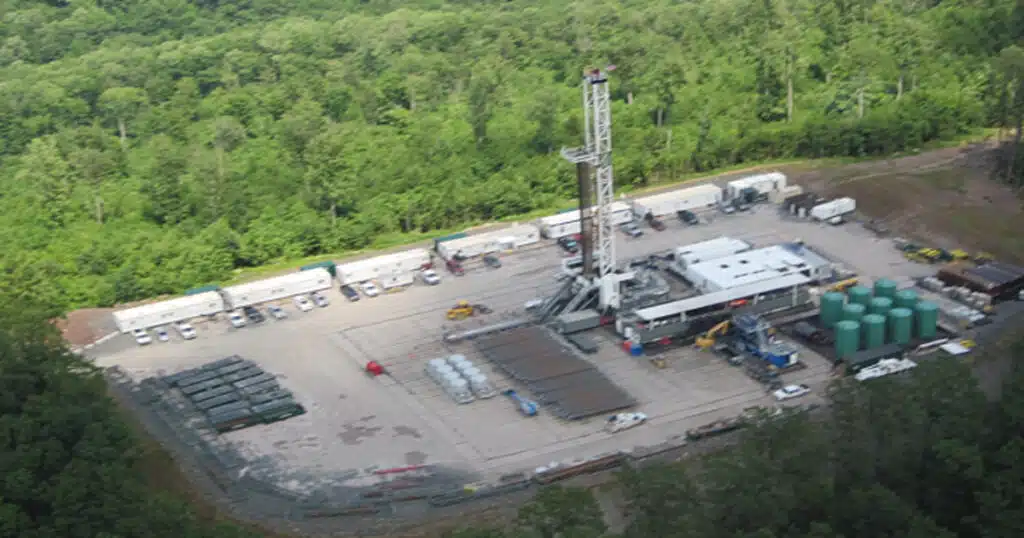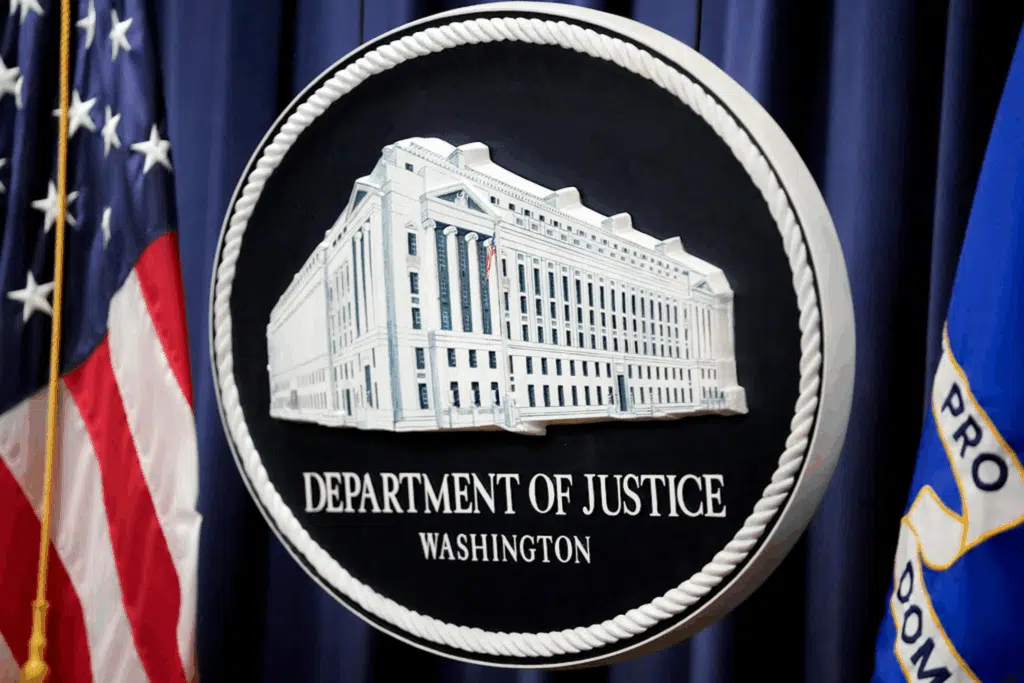
CBO Economic Numbers for the Next Decade Are Unsettling
Last week the Congressional Budget Office (CBO) released a report that revealed that the federal deficit for 2023 spending totals $1.4 trillion.
But that number is only going to go up.
“In the agency’s projections, deficits generally increase over the coming years. The shortfall in 2033 is $2.7 trillion,” according to the CBO report.
RELATED: The 118th Congress Must Tighten Spending the Most in These Areas
“The deficit amounts to 5.3 percent of gross domestic product (GDP) in 2023, swells to 6.1 percent of GDP in 2024 and 2025, and then declines in the two years that follow. After 2027, deficits increase again, reaching 6.9 percent of GDP in 2033—a level exceeded only five times since 1946.”
One member of the Arlington, VA-based American Legislative Exchange Council (ALEC) blasted what he called the federal government’s “relentless spending sprees which amount to blatant economic malpractice.”
“This isn’t a product of lackluster revenue growth, as revenue for 2022 was, as a percentage of GDP, 2.2 points higher than the average over the last 50 years,” said ALEC Chief Economist and Executive Vice President of Policy Jonathan Williams, in an email to organization followers.
“This is a product of out-of-control spending, which in 2022 was a whopping 24.8 percent of GDP compared to 21 percent over the last 50 years. As is evident from President Joe Biden’s State of the Union Address, the federal government doesn’t look to be slowing down its spending indulgences any time soon.”
IN THE NEWS: You Won’t Believe the Garbage That Facebook Allows Now
In the report, CBO members projected higher inflation for 2023 and 2024 than they did last May, mainly for two reasons.
“Recent data suggest that inflation has been more persistent across many sectors of the economy than CBO anticipated, and supply-side disruptions have remained greater than the agency previously forecast,” according to the CBO report.
“CBO now expects both short- and long-term interest rates to be higher, on average, over the next five years than forecast last May, mostly because of higher projected inflation.”
The CBO regularly reports baseline projections of what the federal budget and the economy would look like now and during the next 10 years if current laws governing taxes and spending generally remained unchanged. Last week’s report is the latest in that series.
Send story tips and other story suggestions to [email protected]



